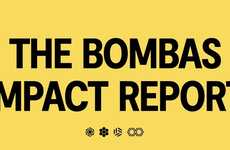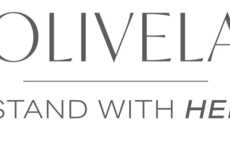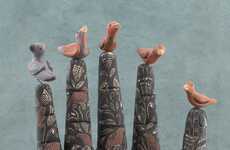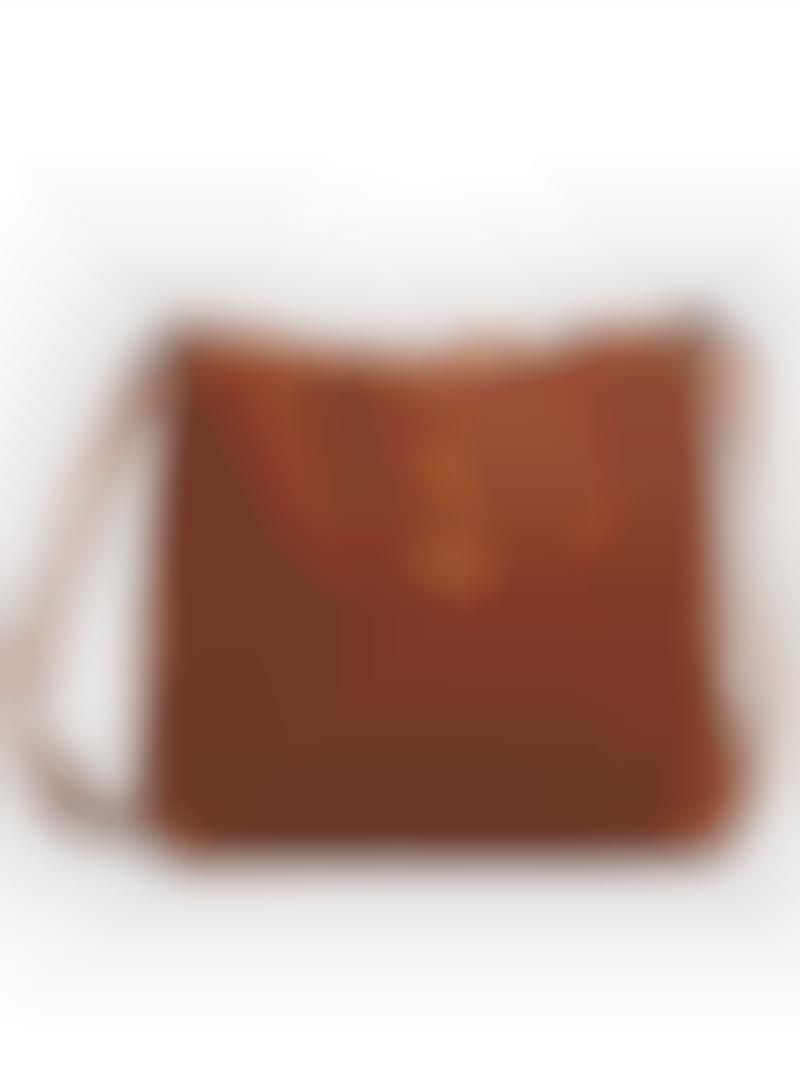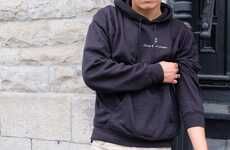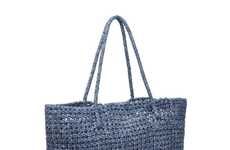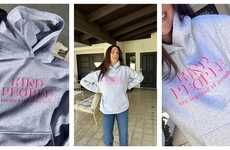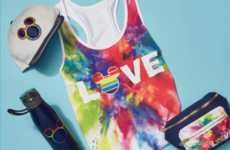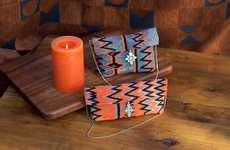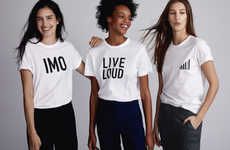
ABLE Seeks to Provide Relief from Poverty for Young Women
Kalin Ned — November 15, 2018 — Social Good
References: livefashionable
ABLE is an ethical lifestyle brand that seeks to provide young women and their families with sustainable economic opportunities that will offer much-needed relief from poverty. The concept was inspired by Barrett Ward. The founder lived in Ethiopia while observing the dire and harsh environment for people from low-income backgrounds.
ABLE began as a business that sold hand-woven scarves. Through the support of conscious consumers, the label was able to grow into new markets and is currently producing a wide range of products, including leather goods, skillfully handmade jewelry, stylish clothing, and high-quality footwear.
Due to its focus on social change, the ethical business practice is able to create job opportunities to ultimately meet its goal to provide sustainable relief from poverty for young women-in-need.
ABLE began as a business that sold hand-woven scarves. Through the support of conscious consumers, the label was able to grow into new markets and is currently producing a wide range of products, including leather goods, skillfully handmade jewelry, stylish clothing, and high-quality footwear.
Due to its focus on social change, the ethical business practice is able to create job opportunities to ultimately meet its goal to provide sustainable relief from poverty for young women-in-need.
Trend Themes
1. Ethical Lifestyle Brands - The rise of ethical lifestyle brands presents an opportunity for businesses to create positive social impact while meeting consumer demand for sustainable and responsible products.
2. Conscious Consumerism - The trend of conscious consumerism offers businesses a chance to align their values with those of socially and environmentally conscious consumers, creating opportunities for growth and innovation in the market.
3. Sustainable Economic Opportunities - The focus on creating sustainable economic opportunities, as seen in ABLE's model, is an emerging trend that allows businesses to address poverty alleviation while fostering economic growth and social change.
Industry Implications
1. Fashion and Apparel - The fashion and apparel industry can seize the disruptive innovation opportunity by incorporating sustainable practices, ethical sourcing, and empowering marginalized communities.
2. Jewelry and Accessories - The jewelry and accessories industry can take advantage of the growing demand for ethically-made products and create opportunities for artisans from economically disadvantaged backgrounds.
3. Footwear and Leather Goods - The footwear and leather goods industry can explore the disruptive innovation potential in producing sustainable, socially responsible products that provide economic relief and empowerment to marginalized communities.
3.6
Score
Popularity
Activity
Freshness



